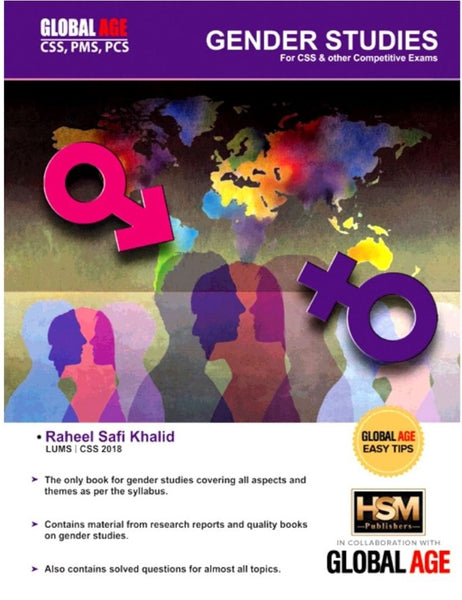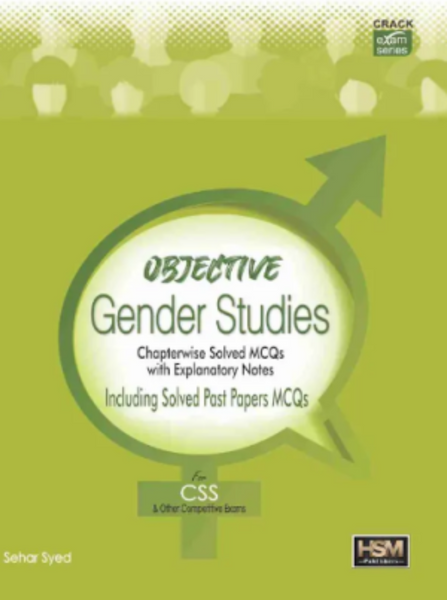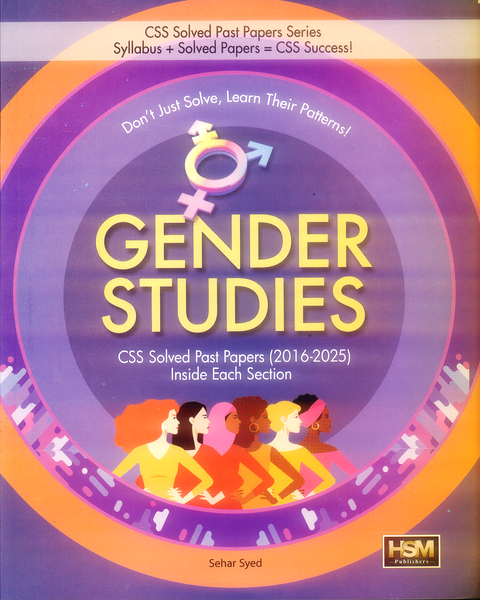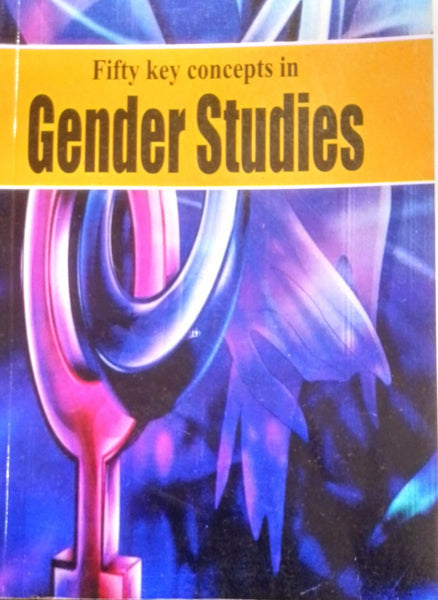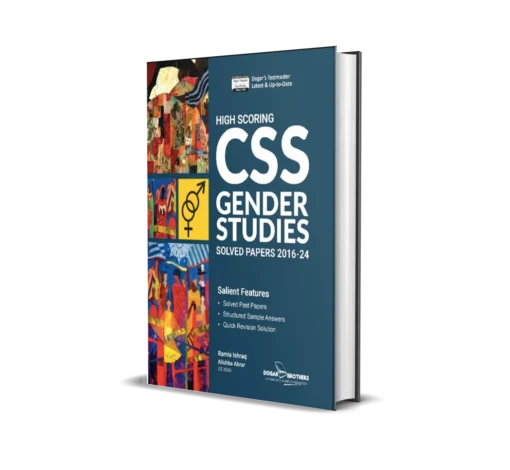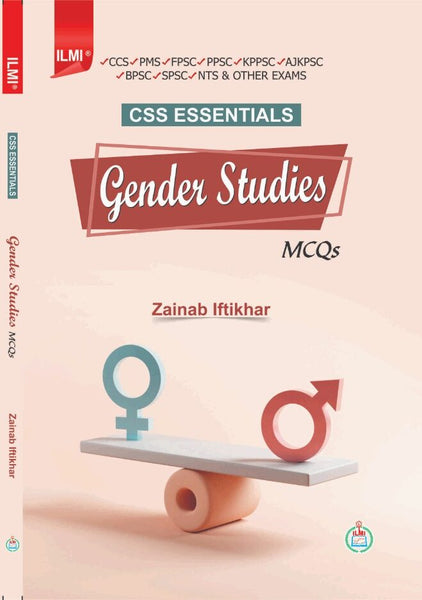Against White Feminism by Rafia Zakaria
- Publisher: GENDER STUDIES
- Availability: In Stock
- SKU: 47172
Rs.590.00
Rs.800.00
Tags: Accountability , Activism , Advocacy , Against White Feminism , Allyship , Anti-Racism , best books , best books online , Best Price , Best Selling Books , BestBuy’s , Book Shop , Collective Liberation , Colonialism , Convenient Shopping , Critical Analysis , Discrimination , Diversity , Empowerment. , Equality , Exclusion , Feminist Discourse , Feminist Movement , Gender Equality , Inclusiveness , Inclusivity , Internet Shop , Intersectional Feminism , Liberation , Mainstream Feminism , Marginalization , Marginalized Voices , Online Book Shop , ONLINE BOOKS , Online Books Shop , Online Bookshop , Oppression , Patriarchy , Power Dynamics , Racial Hierarchies , Rafia Zakaria , Solidarity , Systemic Racism , White Privilege , White Supremacy , Women of Color
Against White Feminism by Rafia Zakaria offers a critical examination of mainstream feminism, arguing that it often excludes the experiences and struggles of women of color, particularly those from marginalized communities. Zakaria delves into how white feminism perpetuates systems of oppression by centering the concerns and voices of white, affluent women while ignoring the intersecting issues faced by women of color. Through incisive analysis and personal anecdotes, Zakaria challenges readers to recognize the limitations of mainstream feminism and work towards a more inclusive and intersectional movement.
Key Points:
1. Definition of White Feminism White feminism refers to a brand of feminism that prioritizes the interests and concerns of white women while marginalizing the experiences of women of color.
2. Lack of Intersectionality Mainstream feminism often fails to acknowledge the intersecting identities and oppressions faced by women, leading to a narrow understanding of gender equality.
3. Erasure of Marginalized Voices Women of color, particularly those from marginalized communities, are frequently sidelined or ignored within mainstream feminist discourse, perpetuating their invisibility and silencing their struggles.
4. Centering Whiteness White feminism tends to uphold white women as the standard-bearers of feminist movements, reinforcing racial hierarchies and excluding diverse perspectives.
5. Reproduction of Power Dynamics By centering the experiences of privileged white women, mainstream feminism reproduces power imbalances and fails to challenge broader systems of oppression.
6. Appropriation of Struggles White feminism often appropriates the struggles and narratives of women of color for its own agenda, without genuinely addressing or dismantling the structures of racism and colonialism.
7. Importance of Intersectional Feminism Zakaria emphasizes the importance of embracing intersectional feminism, which recognizes and addresses the interconnected nature of gender, race, class, sexuality, and other identity markers.
8. Accountability and Solidarity Building solidarity across different feminist movements requires accountability from white feminists to confront their privilege and actively support the struggles of women of color.
9. Inclusivity in Feminist Activism Feminist activism must strive to be inclusive and accessible to women from all backgrounds, prioritizing the voices and needs of those who have historically been marginalized.
10. Moving Towards Collective Liberation Zakaria calls for a collective effort to dismantle white supremacy, patriarchy, and other systems of oppression, emphasizing the need for solidarity and allyship in the fight for social justice.
Against White Feminism by Rafia Zakaria encourages readers to critically examine mainstream feminist discourse and strive for a more inclusive and intersectional approach to activism and advocacy, recognizing the importance of centering the experiences and voices of women of color in the pursuit of gender equality and social justice.
════ ⋆★⋆ ════
Writer ✤ Rafia Zakaria



